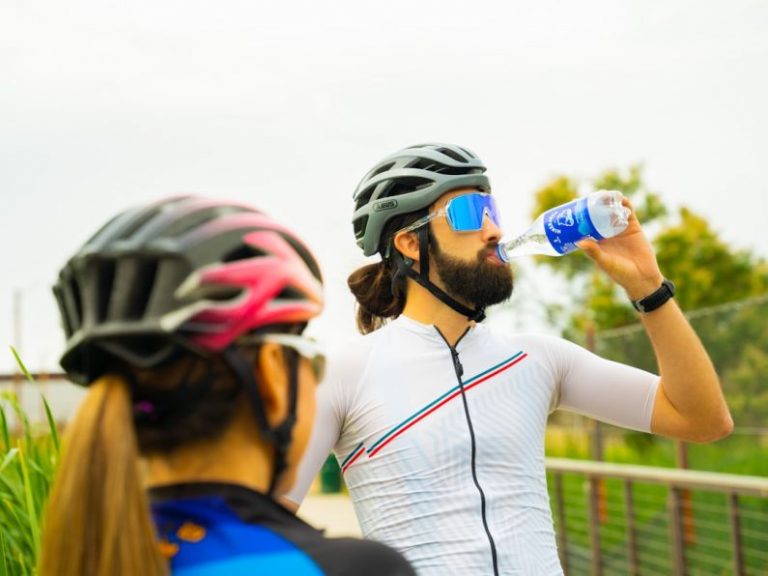Vegan Diet for Athletes: Pros and Cons
For athletes looking to optimize their performance and overall health, the choice of diet plays a crucial role. One dietary approach that has gained popularity in recent years is the vegan diet. This plant-based eating pattern excludes all animal products, including meat, dairy, eggs, and even honey. While a vegan diet offers numerous health benefits, especially for the general population, its suitability for athletes is a topic of debate. In this article, we will explore the pros and cons of a vegan diet for athletes to help you make an informed decision about whether it is the right choice for your athletic endeavors.
**Pros of a Vegan Diet for Athletes**
Improved Heart Health: One of the key benefits of a vegan diet is its positive impact on heart health. Plant-based foods are rich in nutrients like fiber, antioxidants, and phytochemicals that can help lower cholesterol levels, reduce inflammation, and decrease the risk of heart disease. For athletes, a healthy heart is essential for endurance and overall performance.
Enhanced Recovery: Plant-based foods are known for their anti-inflammatory properties, which can aid in faster recovery after intense training sessions or competitions. Foods like fruits, vegetables, whole grains, and legumes provide the necessary nutrients to repair muscles and reduce muscle soreness, allowing athletes to bounce back quicker and perform at their best.
Weight Management: A vegan diet is naturally lower in saturated fats and cholesterol, making it a great option for athletes looking to manage their weight. By focusing on whole, nutrient-dense foods, athletes can fuel their bodies without consuming excess calories, which can be beneficial for sports that require weight management, such as wrestling or gymnastics.
Sustainability: Many athletes are drawn to a vegan diet for its positive impact on the environment. Plant-based diets have a lower carbon footprint compared to diets rich in animal products, making them a more sustainable choice for those looking to reduce their environmental impact. By adopting a vegan diet, athletes can align their dietary choices with their values of environmental conservation and sustainability.
**Cons of a Vegan Diet for Athletes**
Potential Nutrient Deficiencies: One of the main concerns with a vegan diet for athletes is the risk of nutrient deficiencies. Plant-based diets may be lacking in certain nutrients that are crucial for athletic performance, such as protein, iron, calcium, vitamin B12, and omega-3 fatty acids. Athletes following a vegan diet need to pay extra attention to their nutrient intake and may need to supplement to meet their requirements.
Protein Quality: While it is possible to meet protein needs on a vegan diet, plant-based protein sources may have lower bioavailability and lack certain essential amino acids found in animal products. Athletes, especially those engaging in strength training or endurance sports, need to carefully plan their meals to ensure they are getting an adequate amount of high-quality protein to support muscle growth and repair.
Digestive Issues: Some athletes may experience digestive issues when transitioning to a vegan diet, particularly if they are increasing their intake of fiber-rich foods like fruits, vegetables, and whole grains. These foods can cause bloating, gas, and discomfort in some individuals, which can interfere with training and performance.
**Is a Vegan Diet Right for You as an Athlete?**
Ultimately, the decision to adopt a vegan diet as an athlete is a personal one that should be based on individual preferences, values, and nutritional needs. While a vegan diet offers numerous health benefits and can be suitable for athletes with proper planning and supplementation, it is essential to consider the potential challenges and drawbacks as well. Consulting with a sports dietitian or nutritionist can help athletes create a well-balanced vegan meal plan that meets their energy and nutrient requirements for optimal performance. By weighing the pros and cons of a vegan diet, athletes can make an informed choice that aligns with their athletic goals and overall well-being.






